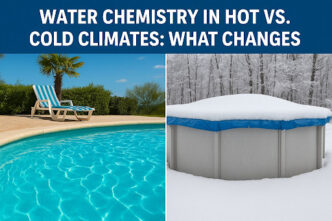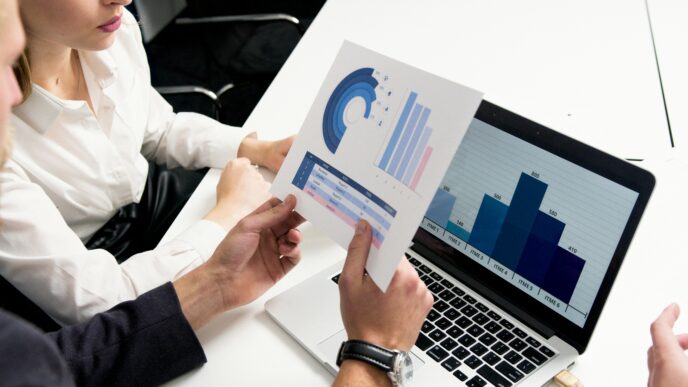Whether you’re managing a pool in the heat of Las Vegas with expert pool cleaning Las Vegas NV services or maintaining one in a cooler northern state, one thing is certain: climate affects your pool’s water chemistry more than you might think. Temperature swings alter chemical behavior, evaporation rates, and even the effectiveness of sanitation systems.
Understanding how your regional climate influences water balance isn’t just science, it’s smart pool ownership. Here’s how hot and cold climates impact water chemistry, and what adjustments you need to make.
How Heat Impacts Pool Chemistry
In hot climates like Nevada, Arizona, and parts of Southern California, pools face relentless heat, high UV exposure, and accelerated water loss.
1. Faster Chlorine Burnoff
UV rays degrade chlorine rapidly. Without a stabilizer like cyanuric acid (CYA), chlorine levels can plummet in hours, leaving water vulnerable to algae and bacteria.
2. Increased Evaporation
Heat pulls water from the pool’s surface, concentrating minerals and leading to high Total Dissolved Solids (TDS). This makes the water harder to balance and can increase scaling on tile and equipment.
3. Higher pH Drift
Hot temperatures tend to push pH upward, especially when coupled with aeration from waterfalls or spas. A high pH can reduce chlorine’s effectiveness and encourage scale buildup.
4.More Frequent Refills = Mineral Buildup
In places like Las Vegas, frequent top-offs due to evaporation bring more calcium and magnesium into the pool, which often leads to calcium hardness imbalances. This is a common maintenance challenge that companies like Vista Pools LLC deal with year-round.
How Cold Climates Affect Pool Chemistry
In northern or alpine regions, cold temperatures slow everything down, but they also introduce different chemical risks.
1. Reduced Chemical Activity
Chlorine and other sanitizers work more slowly in cold water. This isn’t always a problem during off-season months when usage drops, but it becomes a concern if bacteria get a foothold before closing.
2. Less Evaporation
Lower evaporation means mineral levels remain more stable, but rain and snowmelt can dilute chemicals and lower pH unexpectedly.
3. Algae Threat in Spring
When pools are opened after a long winter, the water is often unbalanced. If chlorine levels were low before closing, algae blooms are almost guaranteed.
4. Freezing Risk
If not winterized correctly, residual water in pipes and filters can freeze, expand, and crack plumbing. Antifreeze and proper drainage are essential components of cold-weather pool care.
FAQs
Do I need different pool chemicals for hot vs. cold climates?
The chemicals are generally the same, but dosage and frequency vary. Hot climates often require more acid, chlorine, and stabilizer, while cold climates need careful winterization treatments.
Why does my pool’s pH rise in summer?
High temperatures and aeration increase carbon dioxide loss from the water, which raises pH. Acid additions help balance this upward drift.
Can I use chlorine tablets year-round?
In hot climates, yes, with proper stabilizer levels. In cold climates, reduce tablet use before winter to avoid over-stabilization while the pool is inactive.
How often should I test water in different climates?
Hot climates: 2–3 times per week during summer.
Cold climates: Weekly in spring/fall, every 2–4 weeks when winterized.
Should I drain my pool before winter?
Only partially. Draining below the skimmer line is standard in cold regions, but full drainage can damage liners and structure due to hydrostatic pressure or freeze damage.
Conclusion: Adjust Your Chemistry to Your Climate
Owning a pool in Las Vegas is vastly different from maintaining one in Manitoba. Climate affects everything from sanitizer efficiency to mineral buildup. The key to crystal-clear, trouble-free water lies in regional awareness and regular testing.
Whether you DIY or work with a local provider like Vista Pools LLC, understanding your environment is the first step to smarter, safer, and more efficient pool care.














